23, November 2022
UK Supreme Court rejects Scottish referendum bid 0
Britain’s highest court on Wednesday rejected a bid by the devolved Scottish government in Edinburgh to hold a new referendum on independence without London’s consent.
The unanimous ruling by the Supreme Court torpedoed the Scottish nationalist government’s push to hold a second plebiscite next year.
The Scottish National Party (SNP) had said that in that event, it would turn the next general election into a de-facto vote on splitting from the rest of the United Kingdom, threatening constitutional chaos.
First Minister and SNP leader Nicola Sturgeon said she respected the ruling but was “disappointed”.
If Scotland cannot “choose our own future without Westminster consent”, the idea of the UK as a voluntary partnership was exposed as a “myth”, she tweeted.
The Supreme Court’s Scottish president, Robert Reed, said the power to call a referendum was “reserved” to the UK parliament under Scotland’s devolution settlement.
Therefore “the Scottish parliament does not have the power to legislate for a referendum on Scottish independence”, Reed said.
Sturgeon’s SNP-led government in Edinburgh wanted to hold a vote in October next year on the question: “Should Scotland be an independent country?”
The UK government, which oversees constitutional affairs for the whole country, has repeatedly refused to give Edinburgh the power to hold a referendum.
It considers that the last one — in 2014, when 55 percent of Scots rejected independence — settled the question for a generation.
But Sturgeon and her party say there is now an “indisputable mandate” for another independence referendum, particularly in light of the UK’s departure from the European Union.
Most voters in Scotland opposed Brexit.
Source: France 24
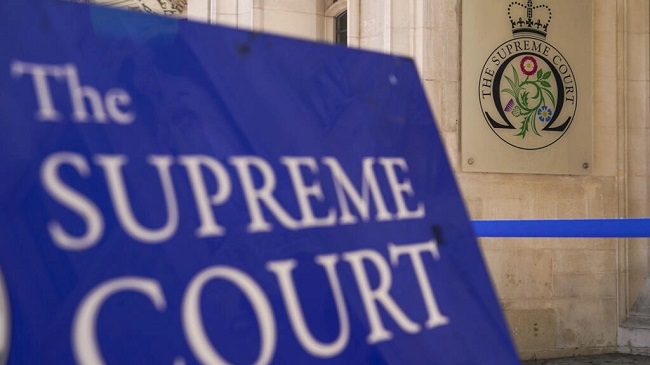
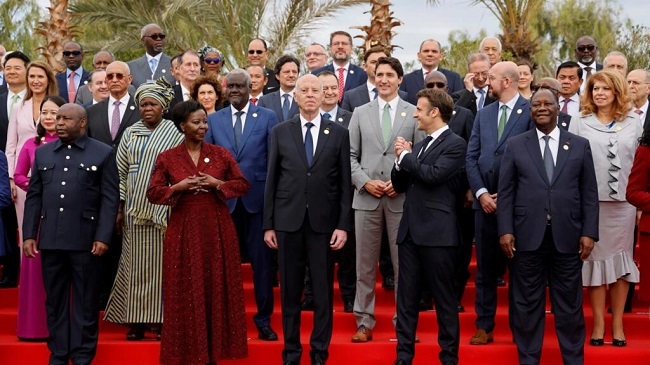
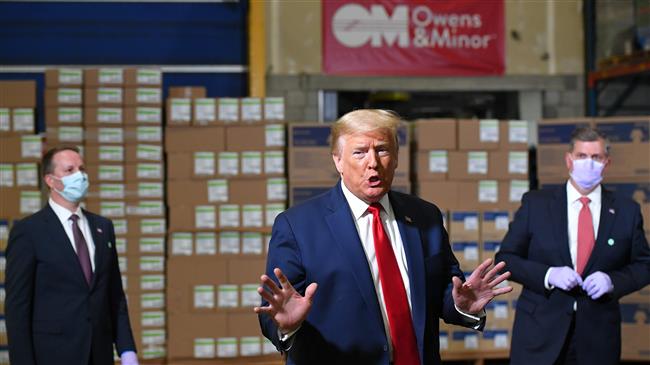
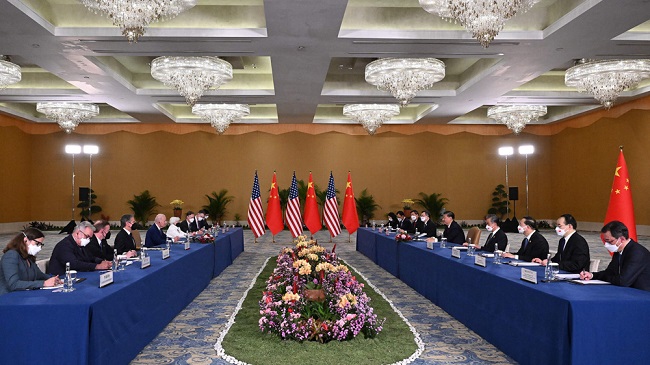

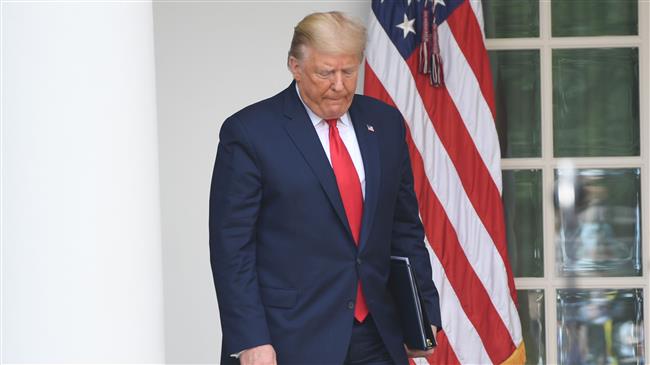




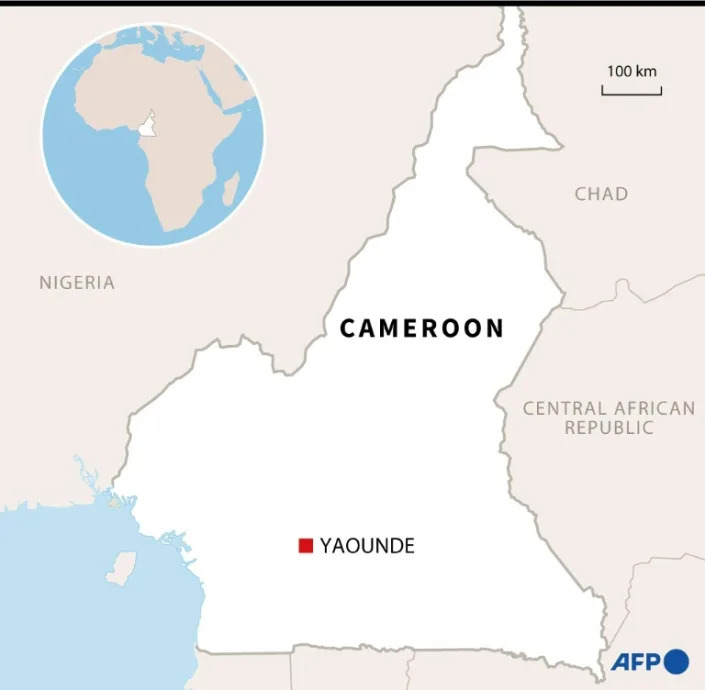
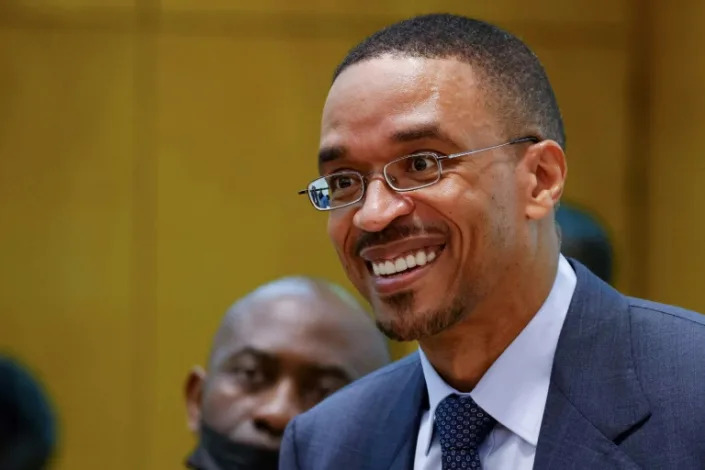

















25, November 2022
France: Macron denies being main target of campaign financing probe 0
French President Emmanuel Macron on Friday denied being the main target of a judicial investigation into the government’s use of management consultants and their role in recent election campaigns.
The French financial crime prosecutor’s office revealed late Thursday that it had opened a probe which was thought to be focused on Macron and his 2017 and 2022 presidential campaigns.
“I’m not scared of anything,” the 44-year-old head of state told reporters during a trip to the town of Dijon.
“I believe that your servant is not at the heart of the investigation,” he added, referring to himself.
“It’s normal that the justice system does its work. It does it freely and will shine a light on this issue.”
The prosecutor’s statement did not name Macron or his election campaign, but said investigators were looking into allegations of favouritism and hidden campaign financing in relation to management consultancies.
The probe began after complaints following the publication of a Senate report in March which showed government spending on consultants had more than doubled during Macron’s first term from 2017-22.
The favouritism allegation could relate to US-based consultancy firm McKinsey, which was the biggest beneficiary of these contracts and reportedly provided staff to Macron’s 2017 campaign team for free.
KcKinseygate?
“I tell you, no,” Macron replied when asked about the allegation, adding that he had explained himself “hundreds of times” already.
The Senate’s revelations about spending on consultants — which reached a billion euros ($1.1 billion) last year — were seized on by Macron’s opponents during his campaign for a second term this April.
The scandal, dubbed “McKinseygate” by the French media, became a debating point, with many French people shocked by the use of expensive and foreign firms which specialise in strategic advice and IT services.
Macron has repeatedly defended the recourse to consultants.
“When you want to go very quickly and very strongly with a policy, you need to make use of outside contractors occasionally,” he told reporters in late March.
The investigation is significant because it could be the first that risks personally implicating the president.
Several of his allies, including his current chief of staff, face legal investigations over a range of charges.
‘Slow poison’
The most damaging incident involved his former bodyguard who was filmed beating up protesters in 2018 and was later convicted of assault.
“For the moment, this issue is going completely over the head of French people who are obsessed with economic, energy and social considerations,” Frederic Dabi, the director of polling group Ifop, told AFP.
“It remains to be seen if it will become a slow poison for Macron’s camp if there are a series of judicial developments,” he added.
France has strict rules on the financing of election campaigns and political parties, which have led to many convictions in recent decades.
Right-wing ex-president Nicolas Sarkozy received a one-year prison sentence in September 2021 for illegal financing of his 2012 re-election bid.
Judges concluded that Sarkozy spent nearly twice the legal limit on his doomed quest for a second term.
He has appealed.
“Let’s stop imagining that because an investigation has been opened that there’s something outrageous,” MP Sylvain Maillard, interim leader of Macron’s party in parliament, told Europe 1 on Friday.
Source: AFP